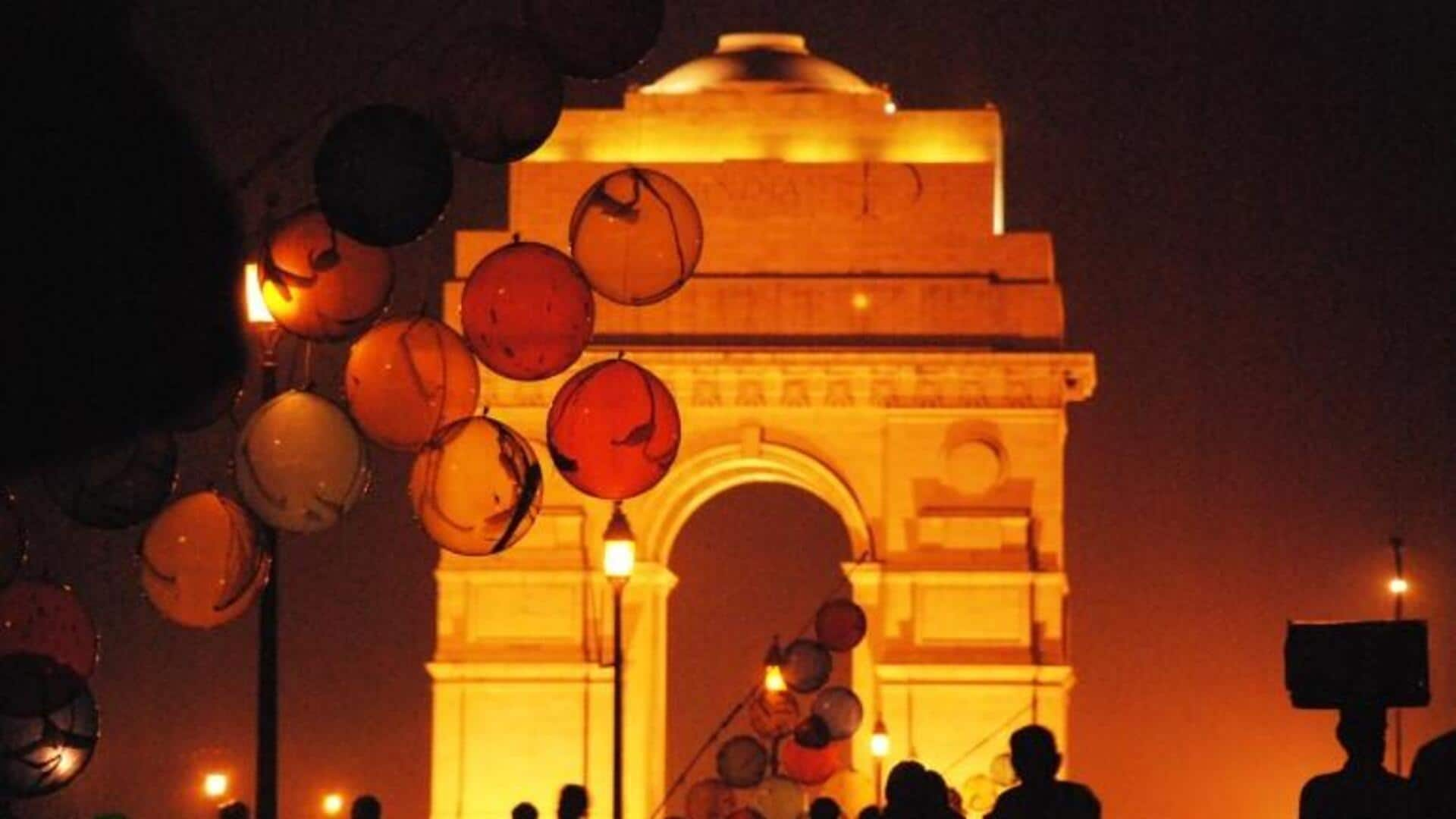Delhi records cleanest December since start of air quality compilation
What's the story
The national capital, Delhi, has witnessed its cleanest December since the introduction of the Air Quality Index (AQI) in 2015.
The average AQI for the month stood at 294, a major improvement from the past years.
However, the figure still falls under the "poor" category as per the Central Pollution Control Board (CPCB), almost thrice as bad as a "satisfactory" AQI.
Pollution measures
Severe air quality days and restrictions
Despite the overall improvement, Delhi witnessed six days of "severe" air quality in December, with AQI readings above 400.
The conditions prompted strict measures, including restrictions on construction activities and vehicle movement.
School and office schedules were also tweaked to minimize the impact of poor air quality on residents' health.
Weather impact
Meteorological conditions aid pollutant dispersion
Experts have attributed the improved AQI to favorable meteorological conditions that helped disperse pollutants for most of December.
Mahesh Palawat from Skymet explained that dominant winds in early December prevented fog formation and aided pollutant dispersion.
However, a western disturbance in mid-December slowed winds, increasing moisture and stagnation.
A subsequent stronger western disturbance around December 26 brought rain that settled pollutants and improved air quality.
Climate data
Record rainfall and temperature averages in December
Delhi recorded 53.5mm of rainfall in December, its fifth wettest December since 1901. A single-day rainfall of 41.2mm on December 28 was Delhi's second wettest day in its history.
The average minimum temperature for the month was 8.4°C, equal to the long-period average for December, while the average maximum temperature was a slightly warmer 22.8°C but still the coldest since 2021.
Pollution control
Call for action to address pollution sources directly
Sunil Dahiya, lead analyst at the think-tank Envirocatalysts said a lower average AQI was mostly down to favourable meteorological conditions and did not indicate progress in terms of local emissions.
He said, "We saw when conditions become unfavorable, the AQI spiked to severe and touched 451."
In New Delhi in January, there's a 6% chance of rain on an average day.
